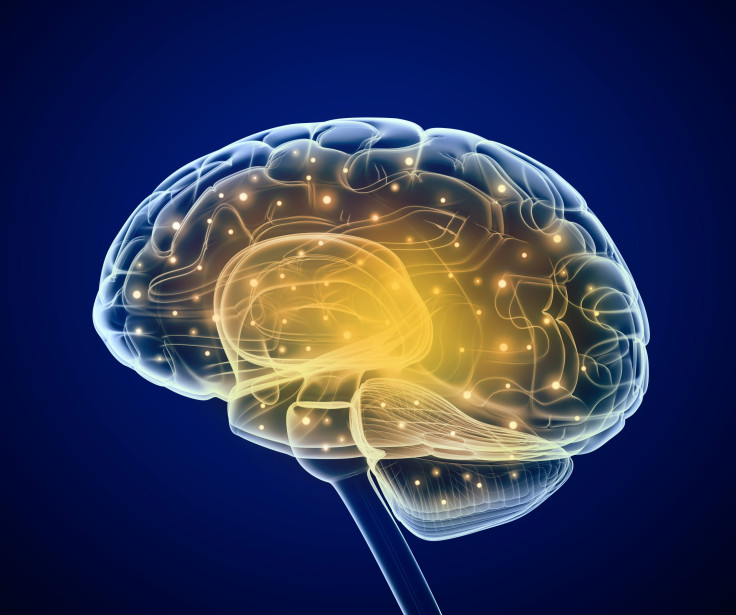Transcranial Magnetic Stimulation Can Improve Memory And May Be Future Of Alzheimer’s And Schizophrenia Treatment

Memory is directly related to quality of life. Anyone who’s witnessed Alzheimer’s effect on the brain can attest to the fact that without memory a person is left unable to do even the most seemingly simple task. Although in the earliest stages, results from a recent study suggest that a procedure called transcranial magnetic stimulation may effectively reverse the effects of memory loss and could one day lead to effective treatment for a series of memory loss-related conditions.
Transcranial magnetic stimulation of the brain is an FDA-approved procedure that is used in individuals who find that antidepressants do not improve their depression symptoms. It involves using magnetic fields to target specific regions of the brain in order to achieve certain effects. The procedures looks a bit like something out of a 19th century psychiatric hospital, with doctors placing large electromagnetic coils against your scalp and forehead, but in actuality the entire process feels little more than a slight “knocking” sensation on the brain.
A team of researchers from Northwestern University hypothesized that if transcranial magnetic stimulation could be used to stimulate parts of the brain involved with emotion, why couldn’t it do the same for memory? In their study they had 16 healthy adults between the ages of 21 and 40 receive 20 minutes of brain stimulation every day for five consecutive days, Medical Xpress reported. During this time period, the participants also underwent MRI scans and memory tests.
It took three days of consecutive stimulation before researchers could observe changes in memory, but when change did happen, it was immediately recognized. "I was astonished to see that it worked so specifically," Joel Voss, senior author of the study explained to Medical Xpress. "They remembered more face-word pairings after the stimulation than before, which means their learning ability improved. … That didn't happen for the placebo condition or in another control experiment with additional subjects." MRI scans confirmed the researchers' suspicion that the magnetic stimulation had physically affected the brain’s ability to remember, and they were able to physically see brain regions become more synchronized with each other and the hippocampus.
It’s not so much that the magnetic stimulation "improved" the participants’ memory; rather it helped already existing brain regions work together more efficiently. The researchers compared their procedure to adding a conductor to an already talented orchestra. “The brain regions played better together after the stimulation.” While the study only used healthy test subjects, it’s believed that the results may be even more revolutionary if done on an individual with brain damage or a memory disorders. “Those networks are disrupted so even a small change could translate into gains in their function,” Voss explained.
The use of transcranial magnetic stimulation is still in the early stages of development so consumers shouldn’t expect to be able to receive the treatment anytime soon. “At the current stage of development, this type of technique is not a cure for any kind of brain or memory disorder," Voss said. However, it does suggest that researchers are onto something big and further investigation into the uses of transcranial magnetic stimulation could eventually be used to treat a variety of conditions ranging from Alzheimer’s disease, traumatic brain injury, schizophrenia, and even common memory loss caused by aging. "This opens up a whole new area for treatment studies where we will try to see if we can improve function in people who really need it," Voss said.
Source: Voss J, Wang JX, Rogers LM, et al. Targeted enhancement of cortical-hippocampal brain networks and associative memory. Science. 2014.



























